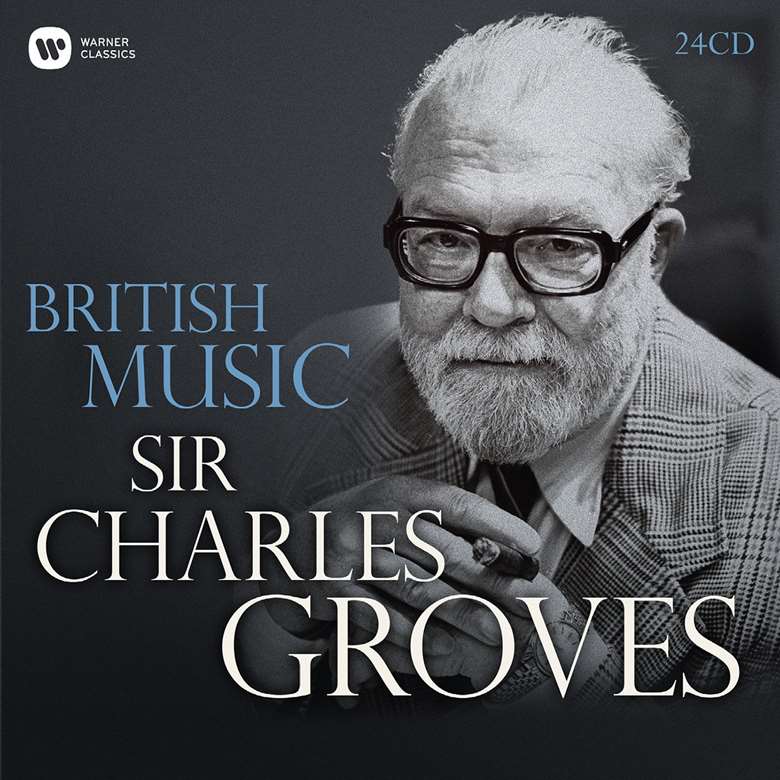Sir Charles Groves - 100 years on
James Jolly
Tuesday, March 10, 2015
To mark the centenary of his birth today, we revisit an interview from exactly 25 years ago when Anne Inglis met up with Sir Charles to talk over some of his new releases (reprinted from Gramophone, March 1990).

Register now to continue reading
Thanks for exploring the Gramophone website. Sign up for a free account today to enjoy the following benefits:
- Free access to 3 subscriber-only articles per month
- Unlimited access to our news, podcasts and awards pages
- Free weekly email newsletter








